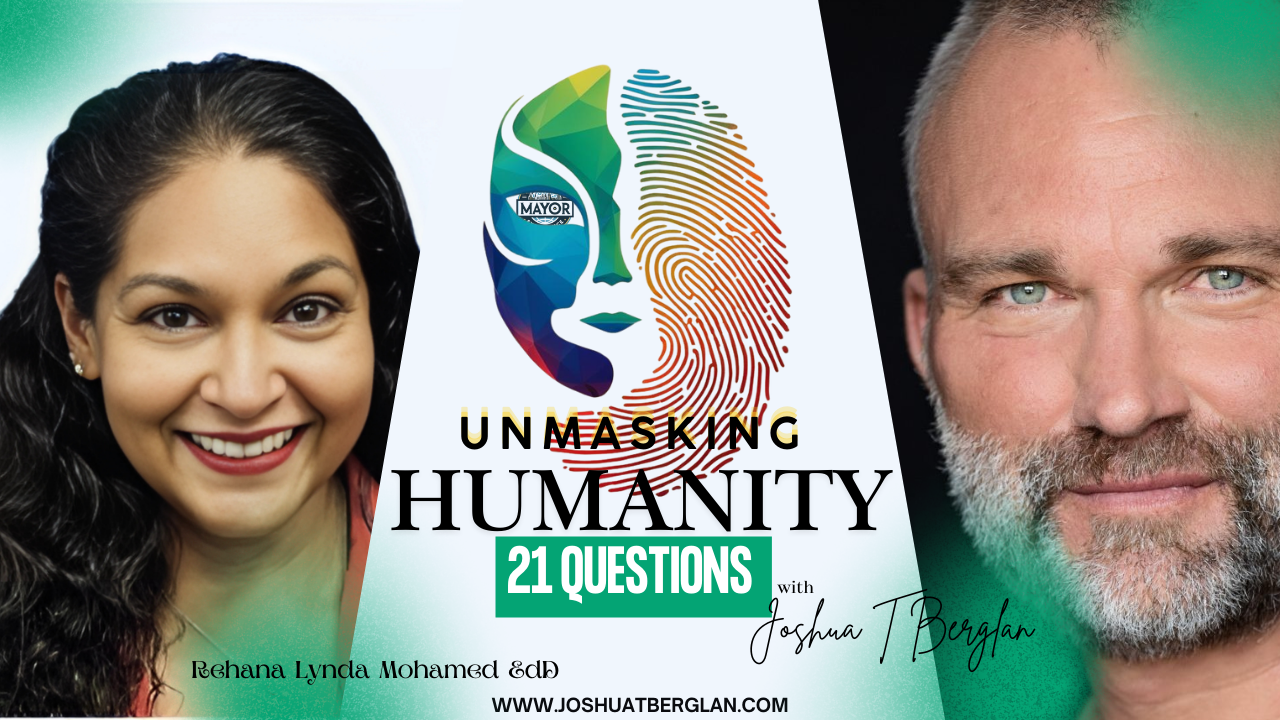Get in touch
507-400-0348
joshua@joshuatberglan.com
Fresh Multimedia


AI-Generated Justin Bieber Parody Song
The Intersection of Technology, Fame, and Controversy
In an era where artificial intelligence is capable of creating everything from artwork to entire songs, AI-generated content continues to blur the line between reality and fiction. The latest internet buzz? A parody song that allegedly mimics pop sensation Justin Bieber, with outlandish claims about a supposed relationship between him and rap mogul Sean "Diddy" Combs.
The AI-generated song has taken social media by storm, stirring up speculation and controversy, with some fans eagerly interpreting the lyrics while others dismiss it as just another digital hoax.
The Parody in Question
The AI-generated track showcases lyrics centered on themes of excess, fame, and regret. The lyrics imply a fictional scenario where Justin Bieber attends a notorious Diddy party, leading to a series of mysterious and regretful events.
"Lost myself at a Diddy party,
didn't know that's how it'd go...
I was in it for a new Ferrari,
BUT IT COST ME WAY MORE THAN MY SOUL...
Was it worth all the fortune and fame?
All the girls never walking the same...
Signed the papers so we never have to ever say sorry."
These cryptic lyrics hint at a dark twist to fame, with vague references to "signing papers" and paying a price beyond just material wealth. Fans have speculated on the meaning behind the lines, particularly focusing on the metaphor of the "new Ferrari" costing more than just fame and fortune.
The Role of AI in Music
The fact that this track was generated by AI adds another layer of intrigue. AI in music has evolved rapidly, with technology now able to replicate not just the style of an artist but even mimic their voice with incredible accuracy.
AI-generated content has both fascinating potential and ethical implications. It also raises questions about authenticity, intellectual property, and the potential for AI to be misused for spreading misinformation. For example, deepfake technology, which can manipulate audio and video to create fabricated yet realistic media, poses challenges to how we discern real from fake in the digital landscape.
Fan Reactions and Speculation
The internet's reaction to the Justin Bieber parody song has been predictably wild. Some fans expressed disbelief, while others found the entire situation amusing. The song's absurd premise led to memes and discussions about celebrity culture, AI technology, and the blurred boundaries of modern fame.

Latest Insights and Trends: Explore Our Recent Blogs
The World's Mayor Experience Fresh Multimedia

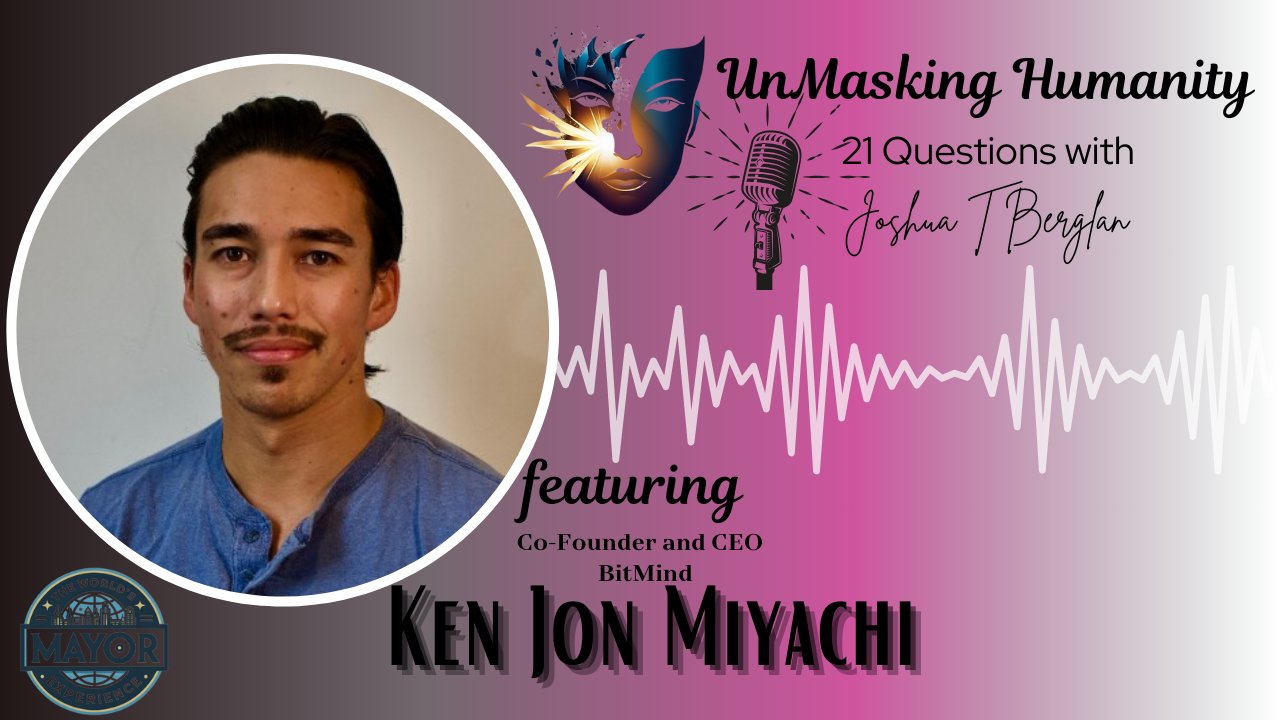

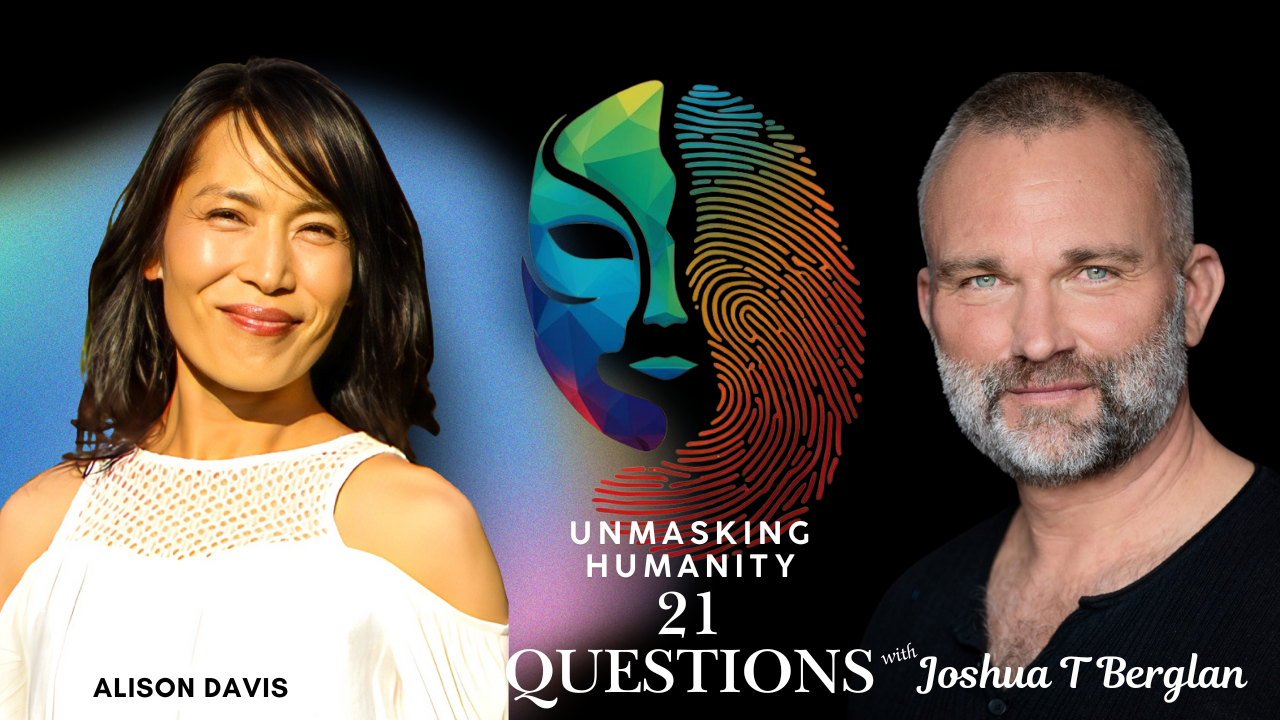


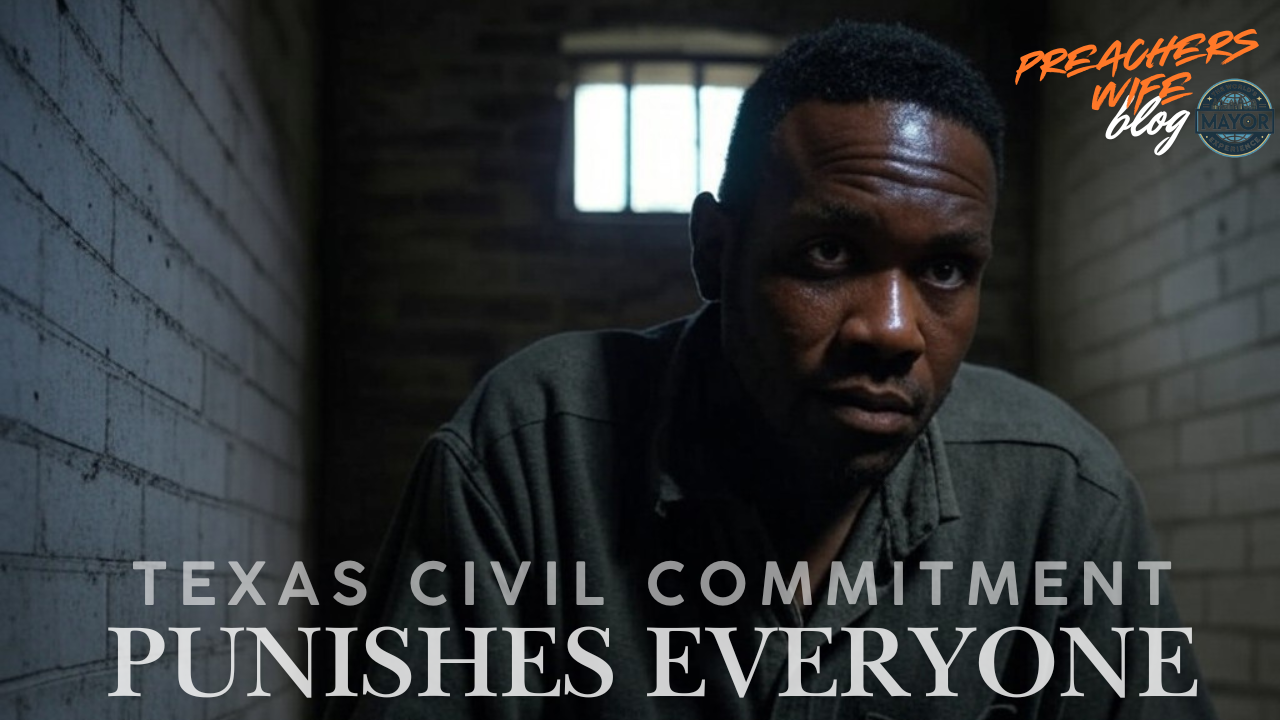
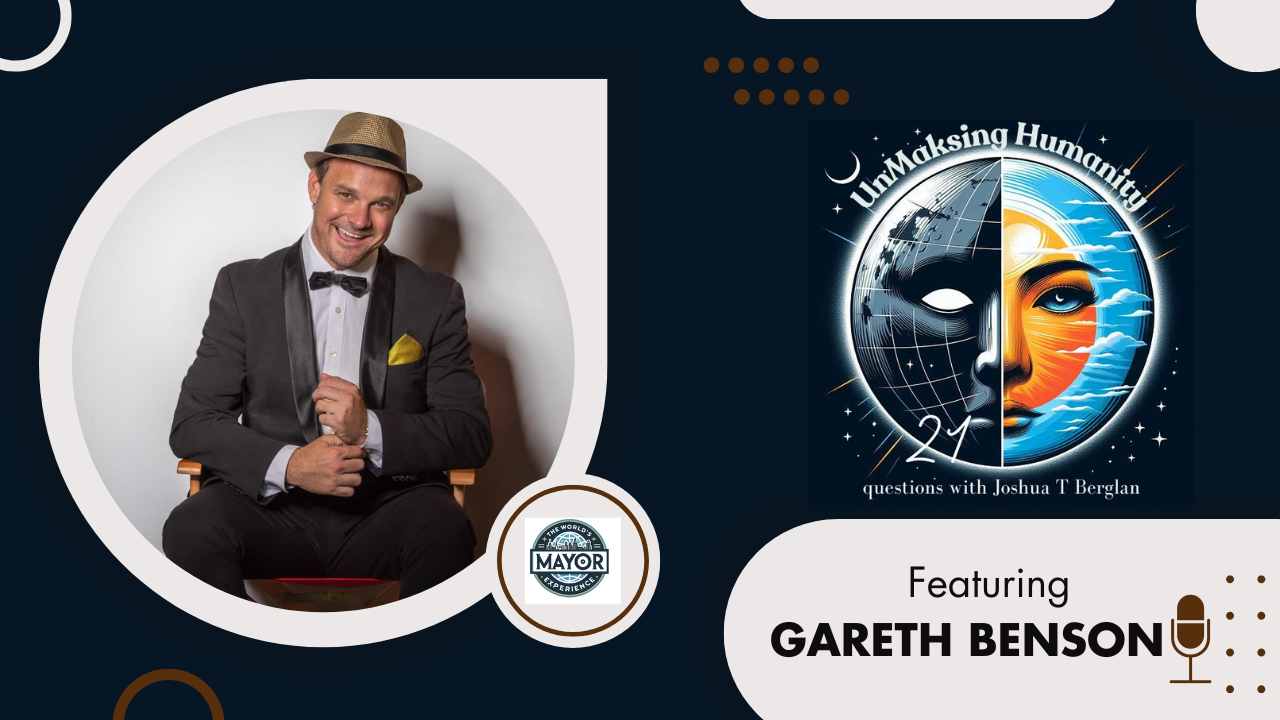
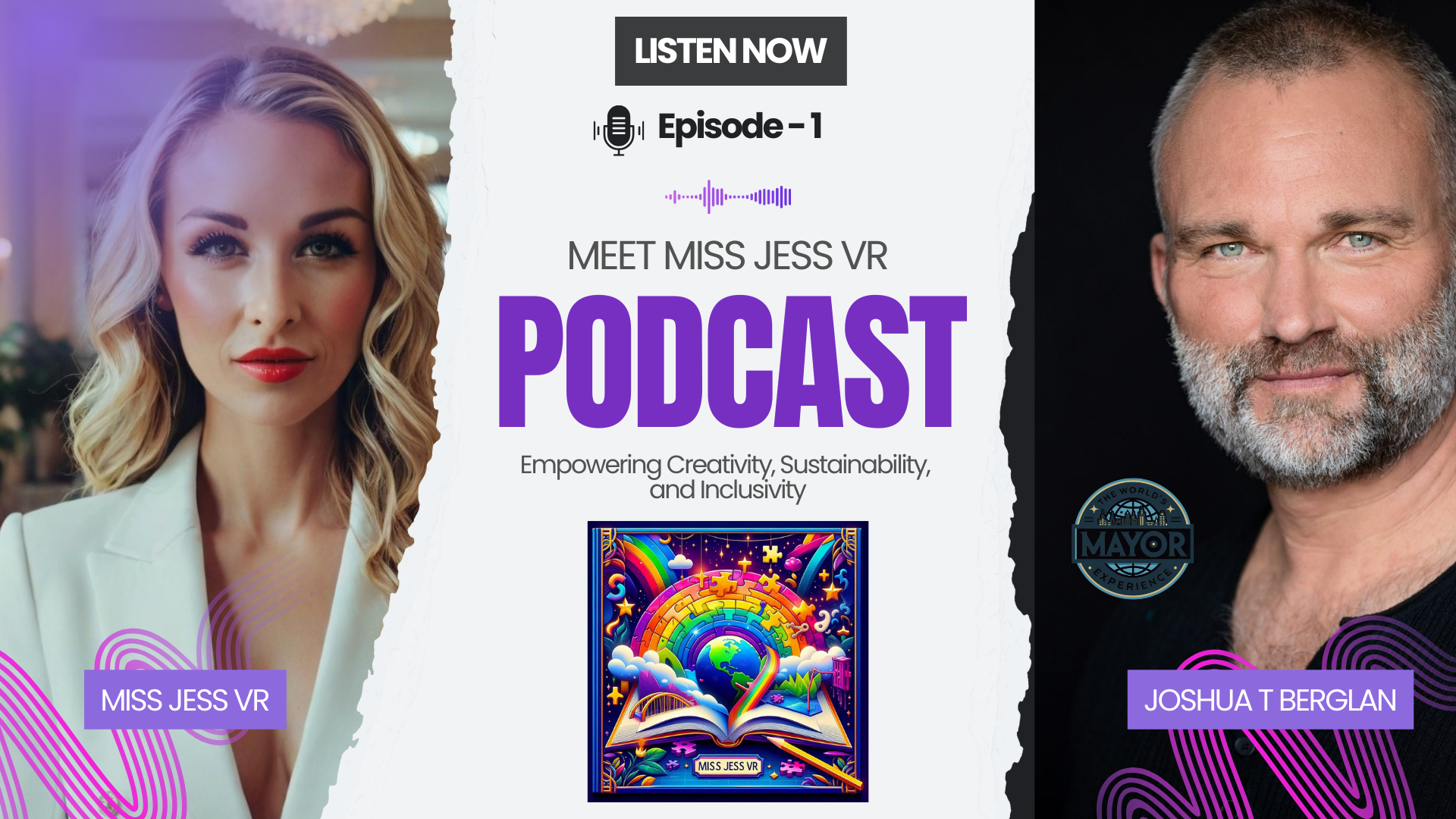
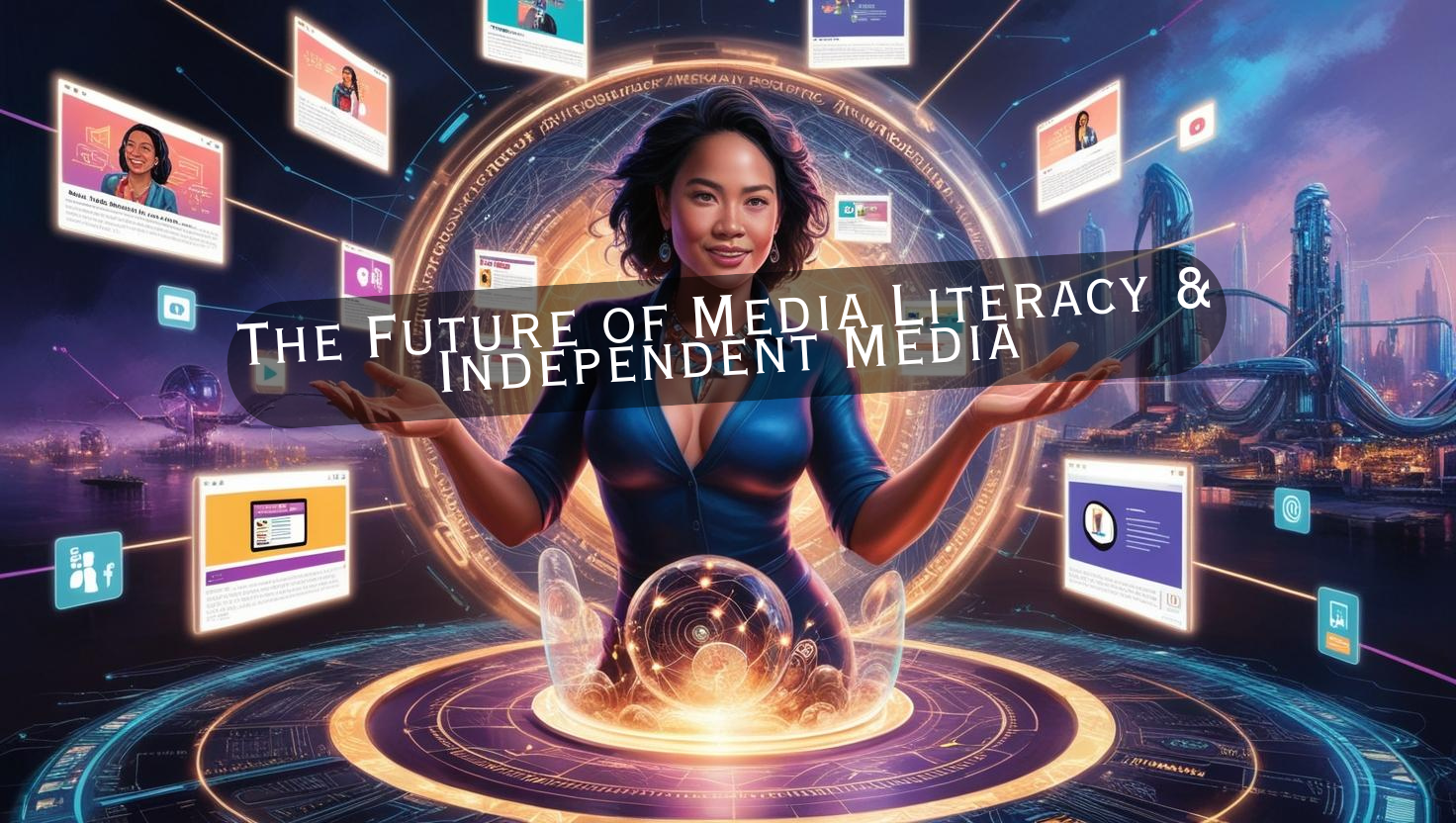
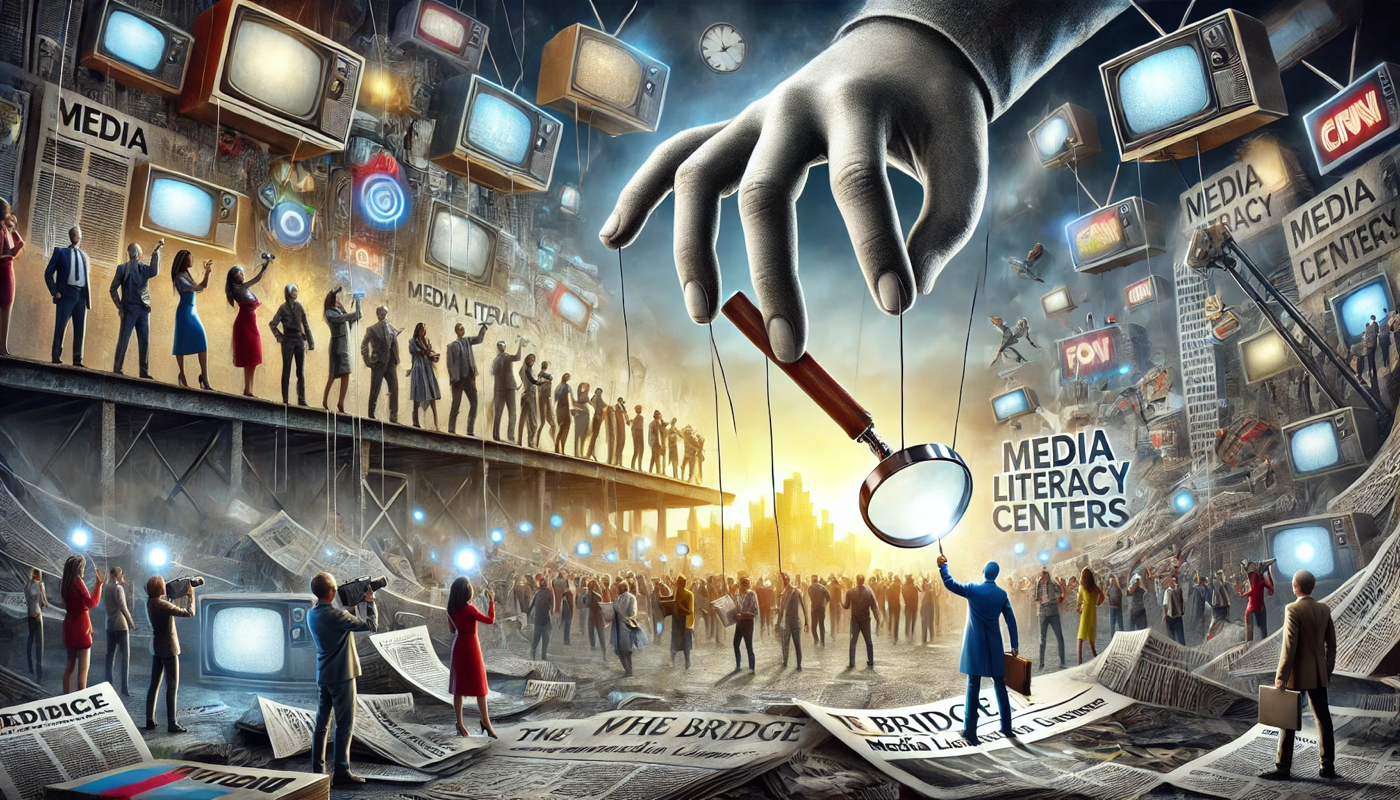
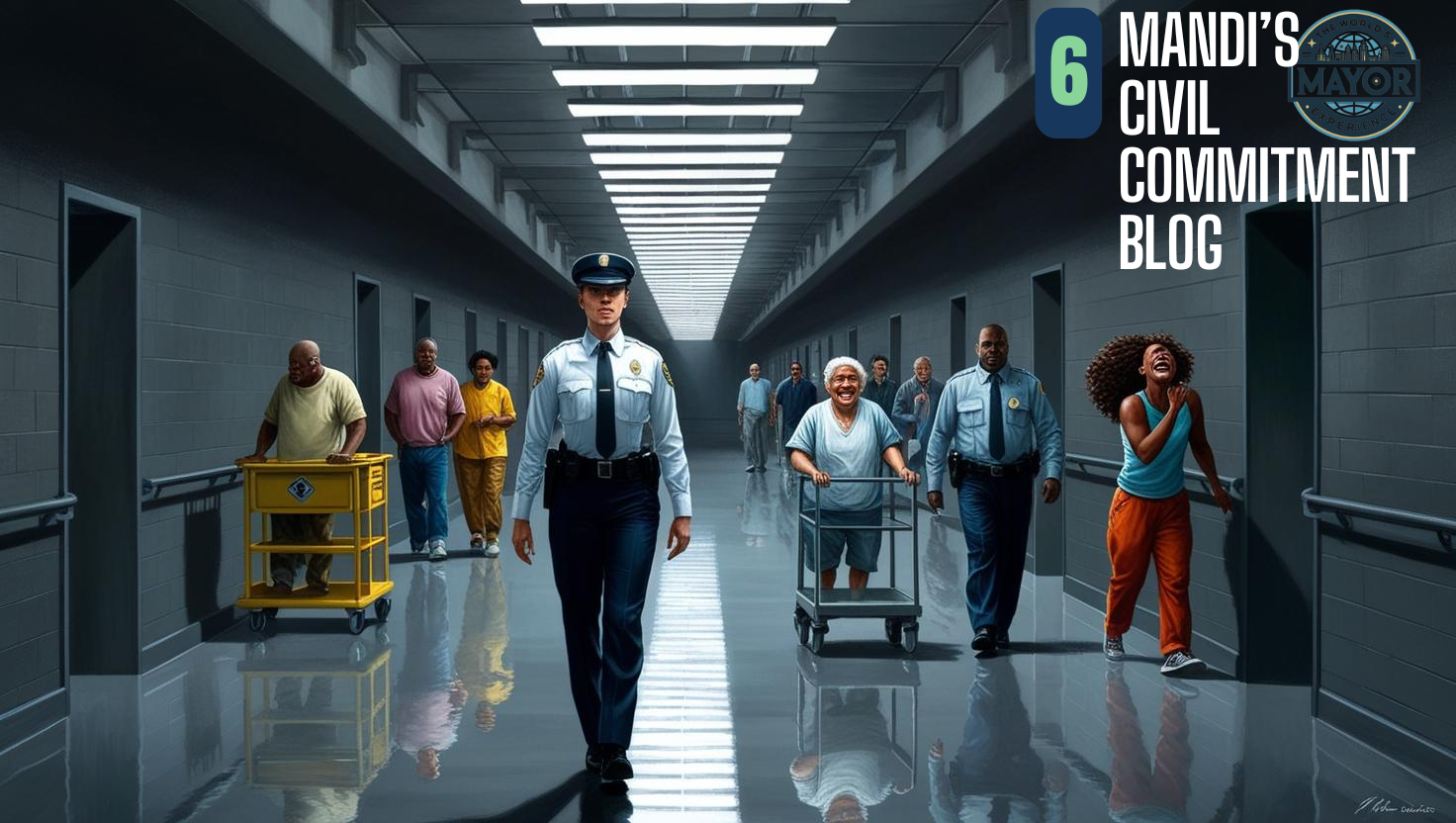
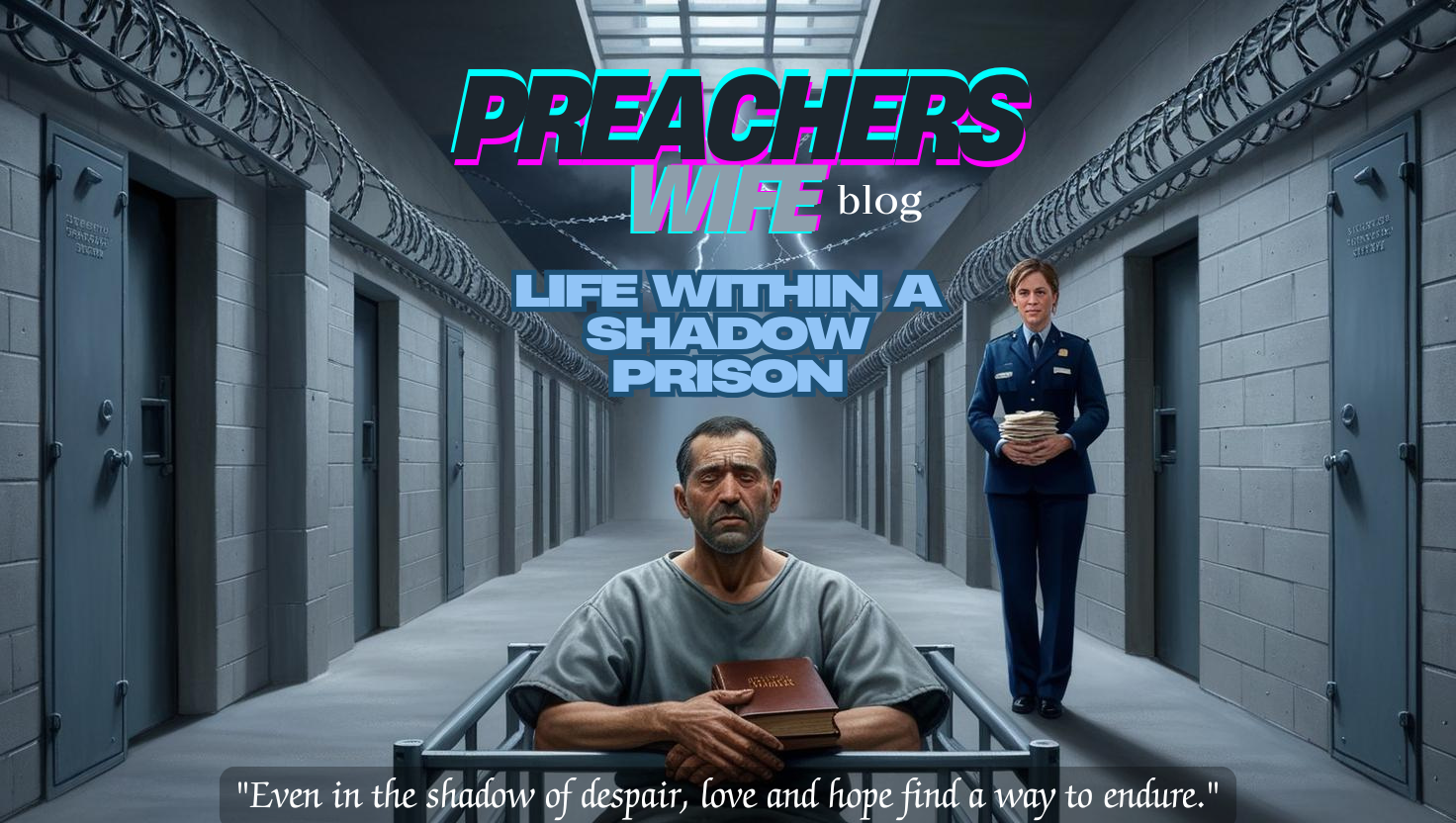
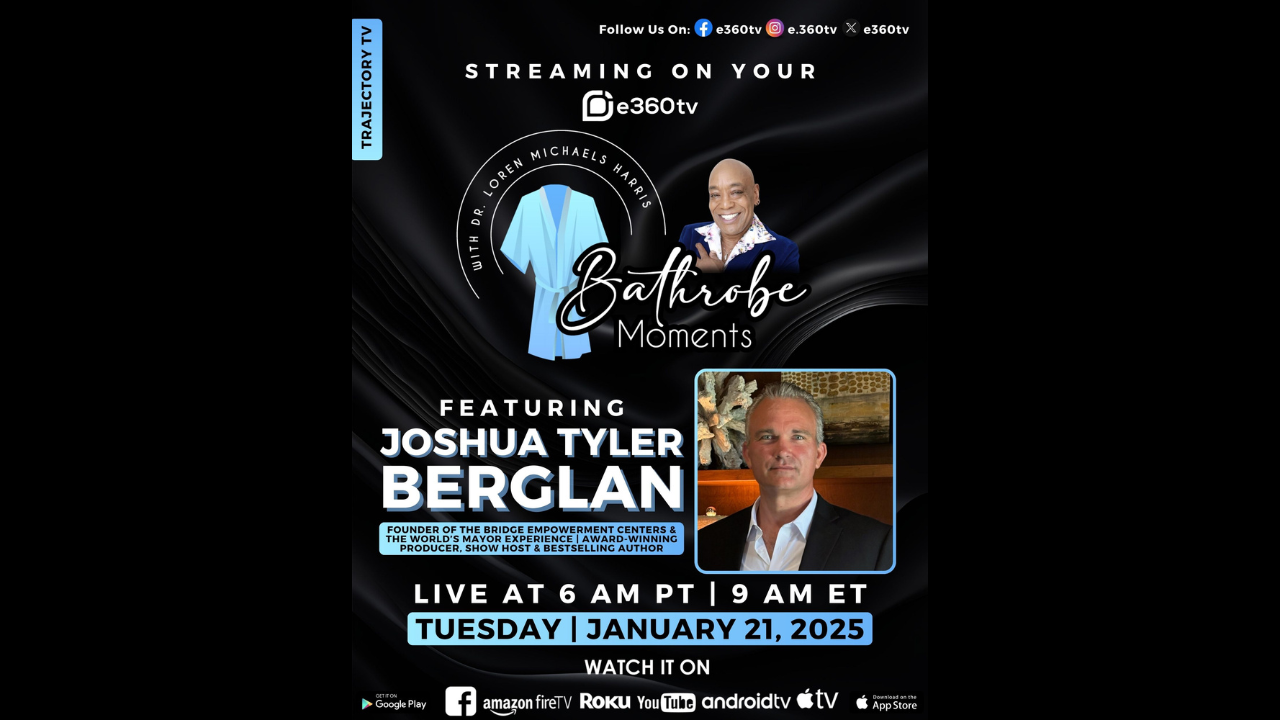
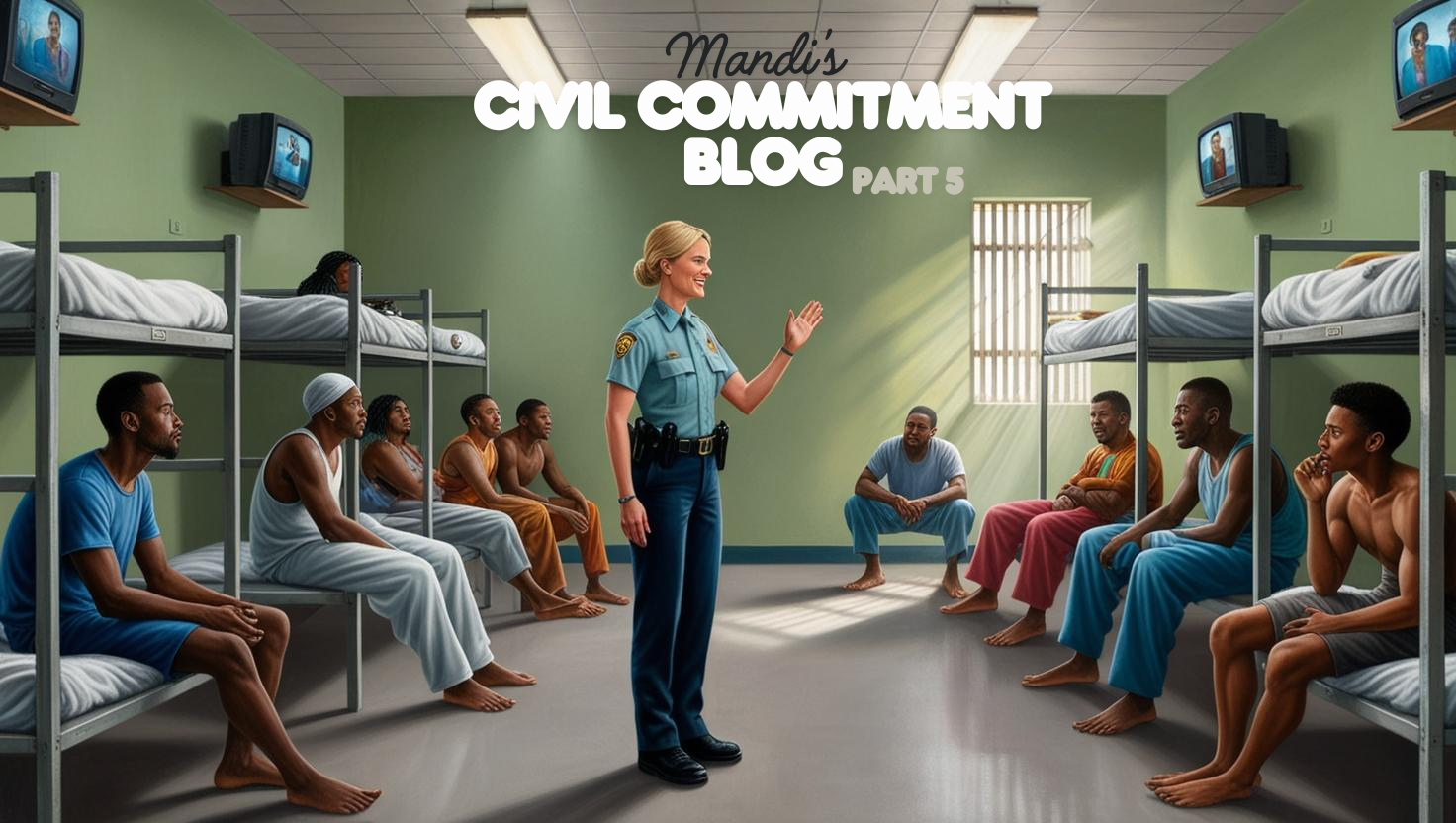
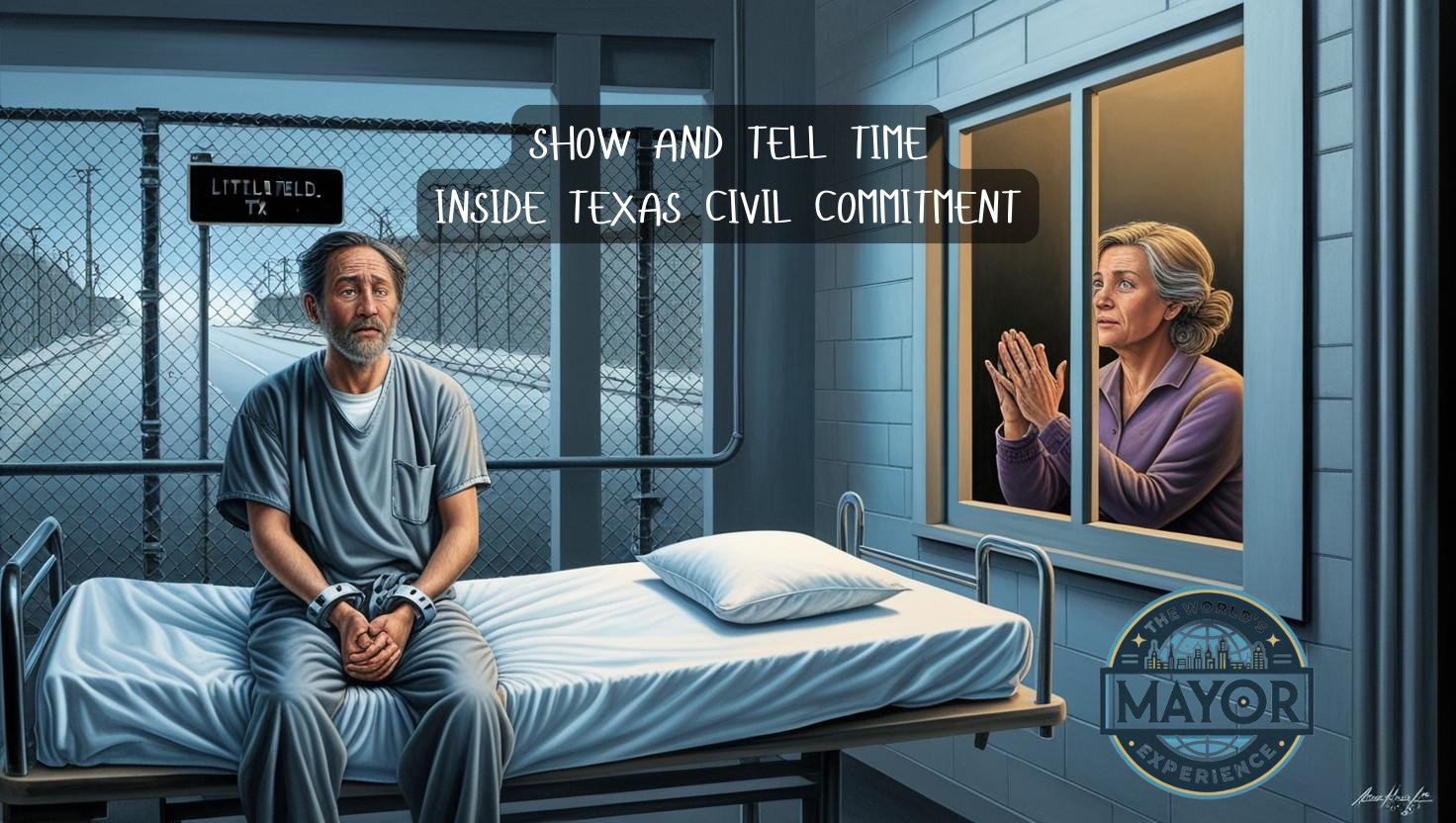
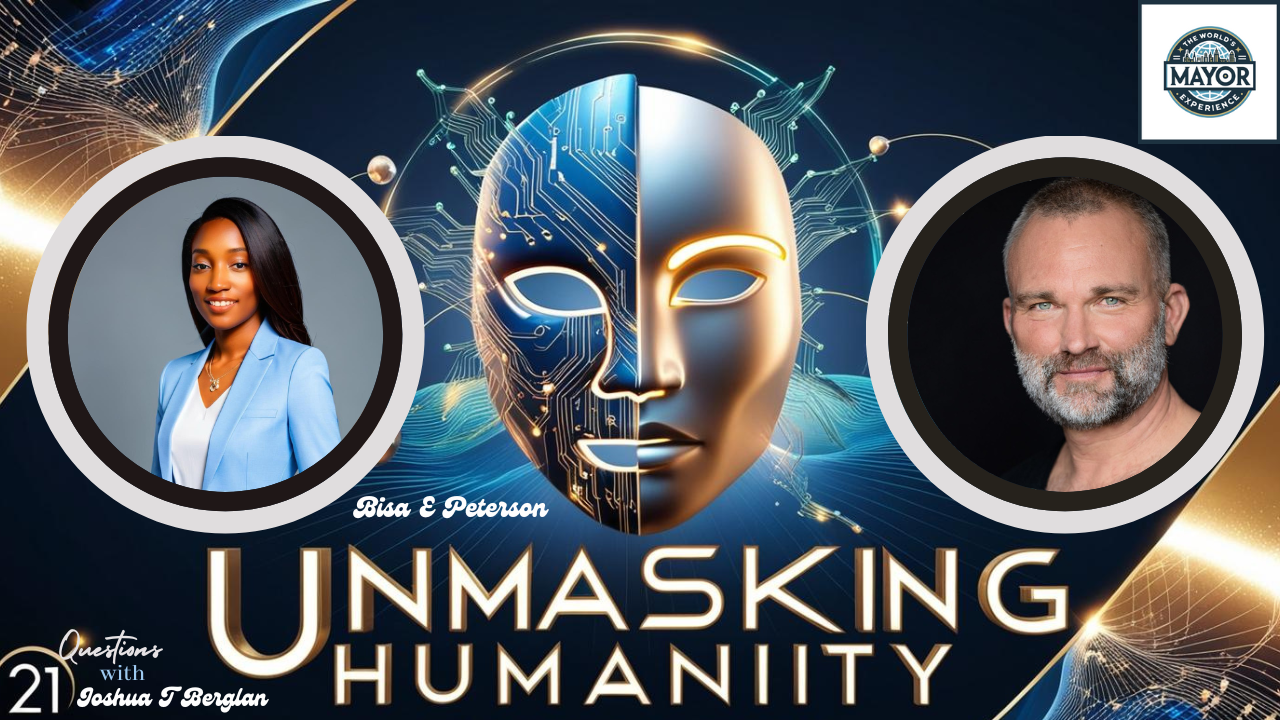
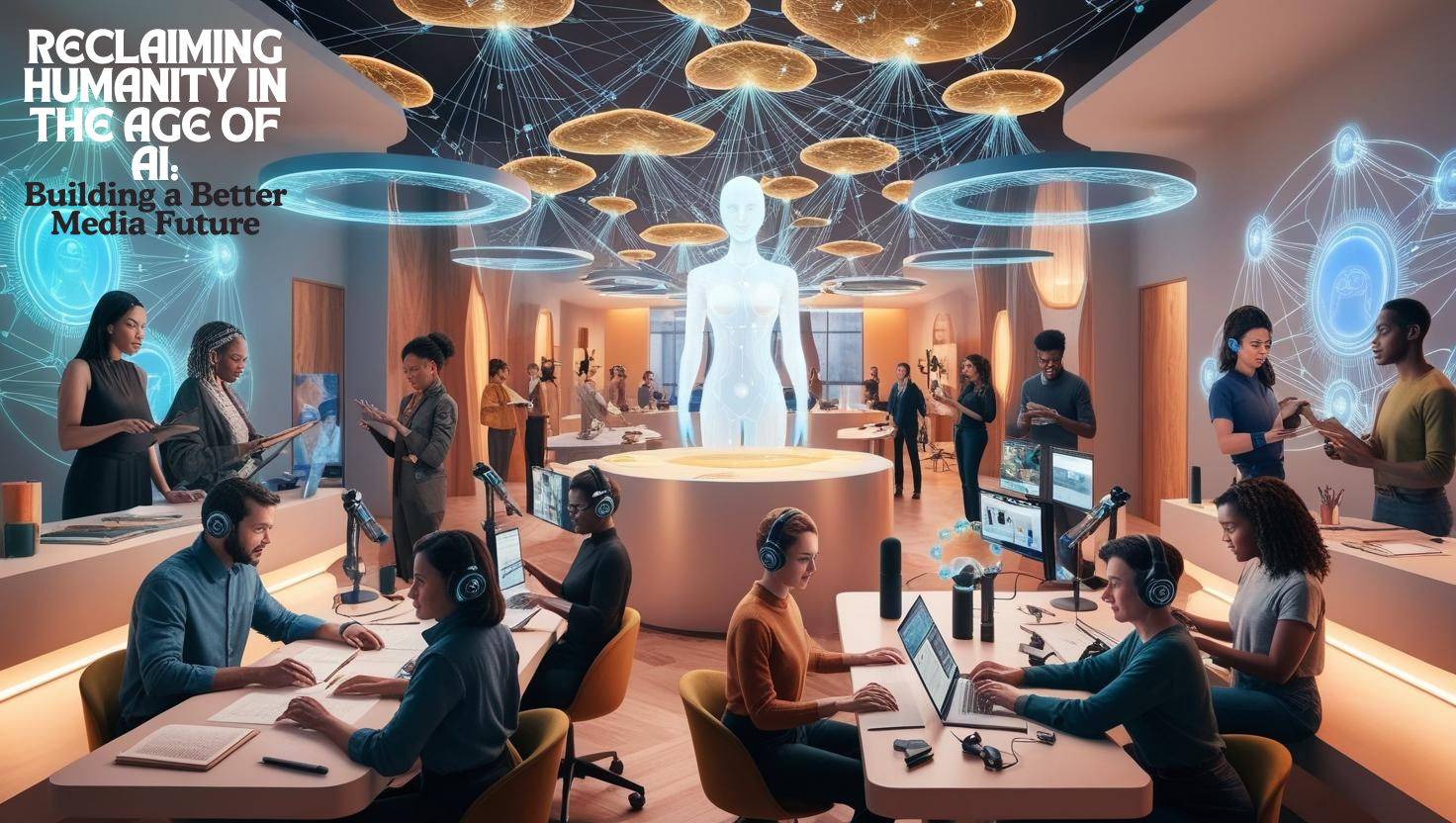
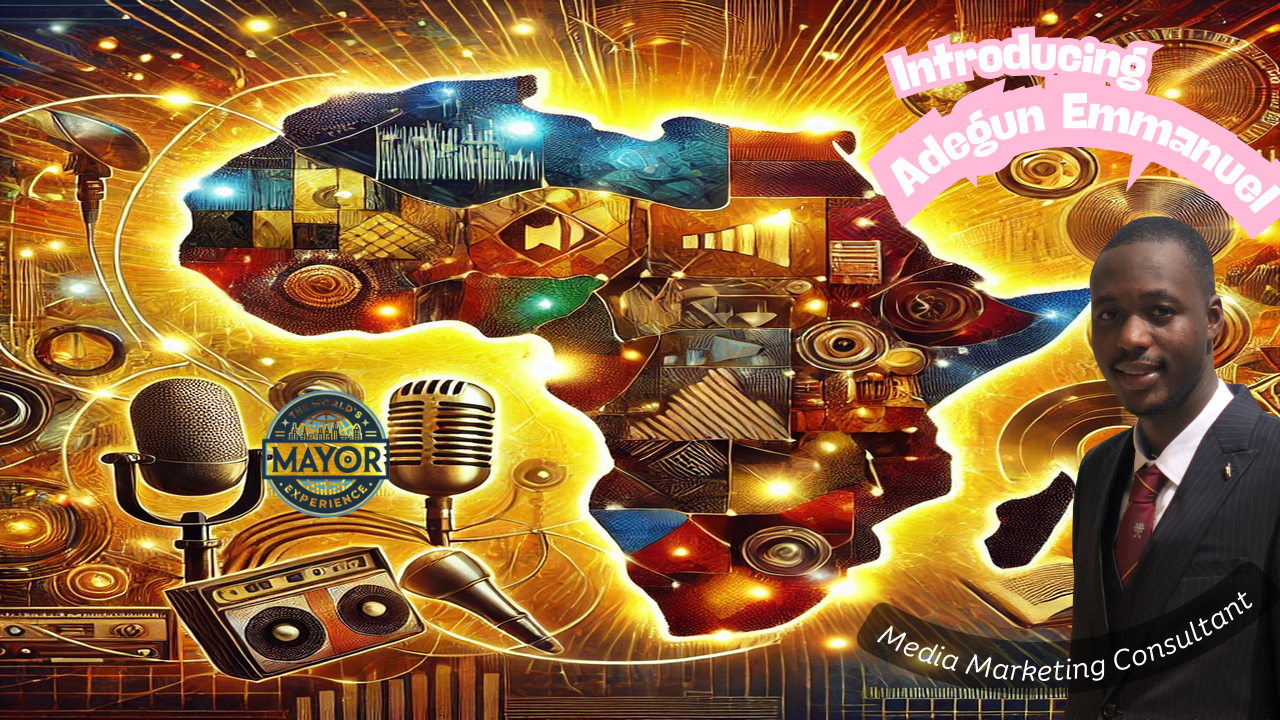
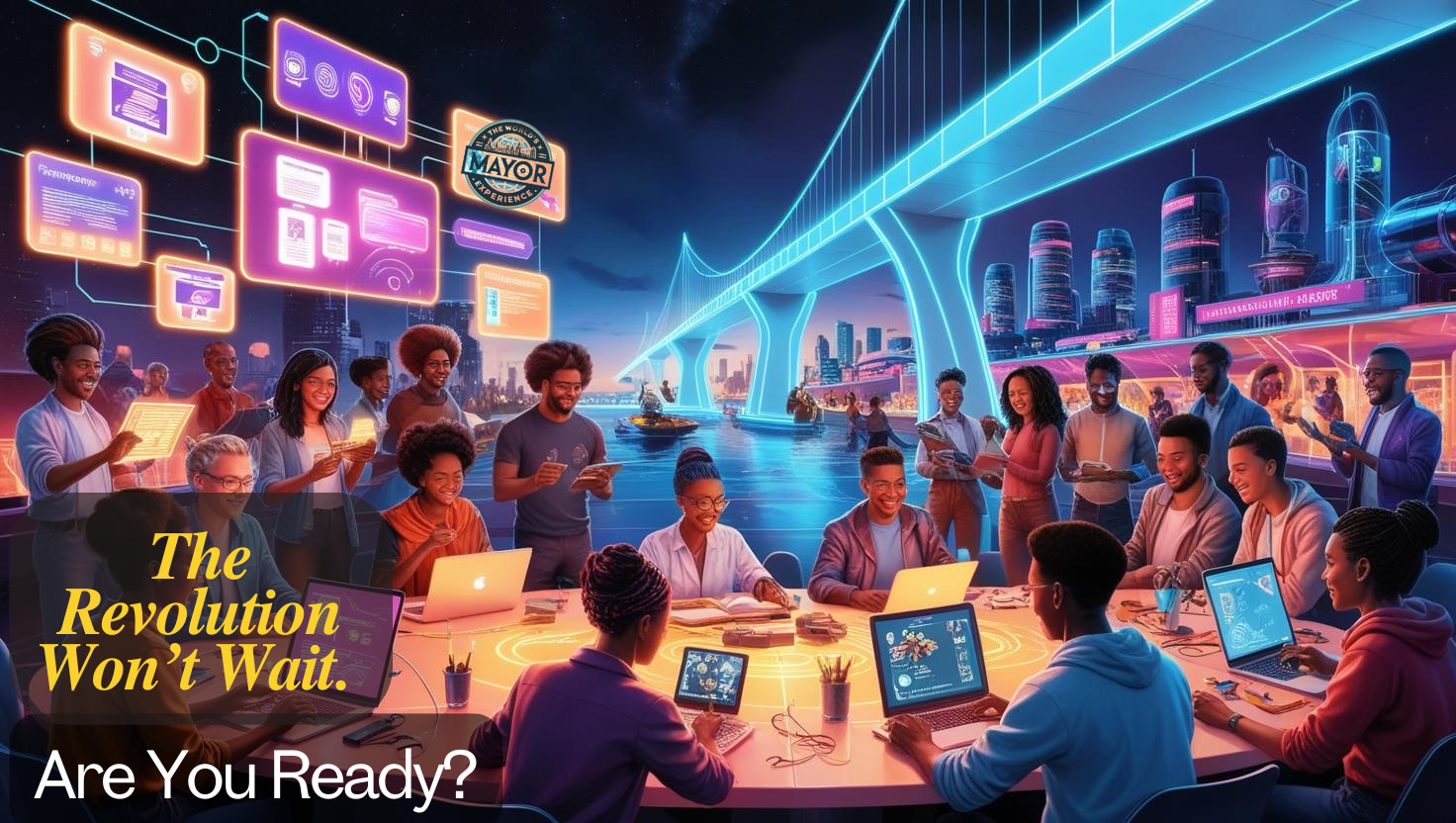
Contact Us
Sign up to our newsletter
We will get back to you as soon as possible
Please try again later
